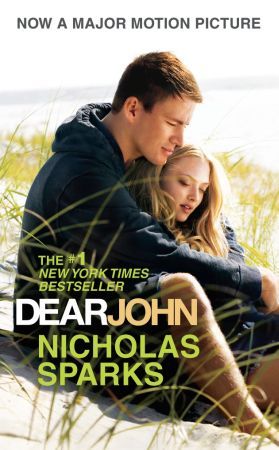Word
Power Made Easy
by Norman Lewis
Paperback, 686
pages
Published in: 1978
Publisher: Pocket Books
ISBN: 9780671741907
Can You Pronounce It -- and Spell It -- Correctly?
Do You Know How to Avoid Illiterate Expressions?
Do You Speak Grammatically, Without Embarrassing Mistakes?
If the answer to any of these questions is NO, you ought to read Word Power Made Easy. Now thoroughly revised to eliminate
outmoded references and to reflect current idioms, it remains the best and
quickest means to a better vocabulary in the English language.
Each chapter ends with review. Each section ends with a progressive check. Numerous tests will help you increase and retain the knowledge you acquired. Word Power Made Easy does more than just ass words to you vocabulary. It teaches ideas and a method of broadening knowledge as an integral part of the vocabulary building process.
Each chapter ends with review. Each section ends with a progressive check. Numerous tests will help you increase and retain the knowledge you acquired. Word Power Made Easy does more than just ass words to you vocabulary. It teaches ideas and a method of broadening knowledge as an integral part of the vocabulary building process.
I didn’t have any
exposure to vocabulary building books before I decided to pick Word Power Made
Easy by Norman Lewis. Why I decided to pick this book is a reason very simple.
I saw it in the best sellers list on Flipkart every time I checked the said
page on the site. I wanted to see what was so good about the book that made it
sell in a bigger quantity than Paulo Coelho’s books (For me he is the author
everybody should read. Anyway, we’d discuss that some other time).
To be honest,
this was one of the longest books i have read. I am not that used to reading
books very big in size. A seven hundred page book is often a mammoth for me.
But this was the book that keeps you completely gripped. It leaves you
awestruck with the ability of the author to make you learn new words and with
your own self learning them.
I always wondered
what vocabulary building books would be like. Probably a lot of preaching and a
bazillion words in a list that you are supposed to memorise kind of thing was
what my imagination suggested. But Word Power Made Easy was nothing at all like
that.
Norman Lewis
interacts with you. He tells you stories, the histories, jokes with you, is
sarcastic of several things, supporting many, and giving you wonderfully superb
pieces of advice that you love to take. It is no preaching. It is a friendly
relationship with the reader and making him learn many, many useful things.
The idea that
Norman Lewis upholds in the entire book is “No Learning Words. But Learning the
Ideas Behind the Words.” It is quite hard to guess what exactly he means by
that initially, but as you leaf through the masterpiece, you realise that it is
the ideas that you need to build your vocabulary, not a list of words.
Norman Lewis
exposes to us the world we would never have given a thought about, normally. If
there’s a word we use, how did it come to existence, and from where. Lewis
tells us the stories behind innumerable words which are hard to forget. You
might have a faulty memory about remembering words, but the idea stays with you
and so does the word.
I still remember many stories about the words
that Norman Lewis tells us, and it still brings back the scintillating memories
that I’d get while reading them.
This ‘idea behind the word’ is Norman Lewis’
weapon to make you remember the words you have never heard of before. And the
idea of the ideas simply rocks. Also, the way he puts them, is exceptionally witty
and it compels you to fall in love with Lewis’ sense of humour. I haven’t smiled
as much reading any book as I have smiled while reading this one.
Trust me, it is a
treat to read this book.
One of my
favourite ones is this, from the segment: How
to Talk about Various Speech Habits:
Saying little – meaning much
There is an anecdote about Calvin Coolidge,
who, when he was the president of USA, was often called (though probably not to
his face) ‘Silent Cal’.
A Young newspaper woman was sitting next to him
at a banquet, so the story goes, and turned to him mischievously.
“Mr. Coolidge,” she said, “I have a bet with my
editor that I can get you to say more than two words to me this evening.”
“You lose,” Coolidge rejoined simply.
The adjective: laconic.
I would highly
recommend this to everybody who loves words or wants to add to his vocabulary.
This is certainly the best book you would find of its kinds out there.










